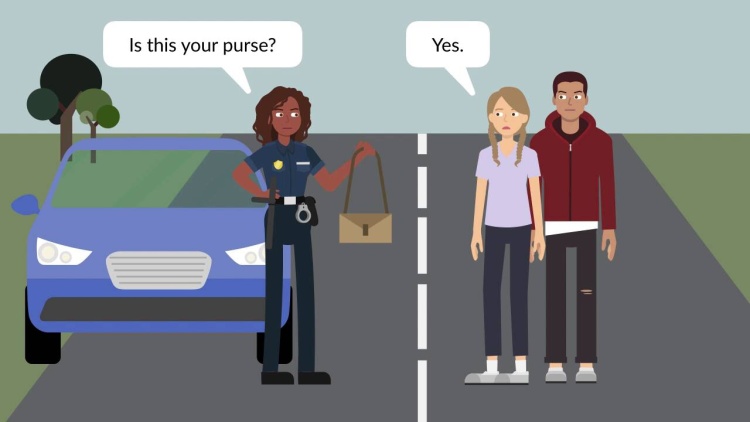Wyoming v. Houghton
United States Supreme Court
526 U.S. 295 (1999)
- Written by Shelby Crawford, JD
Facts
An officer stopped a car for speeding and saw a syringe in the driver’s shirt pocket. When asked why he had it, the driver stated that he used it to take drugs. Sandra Houghton (defendant), a passenger in the car, was asked to step out. The officer searched the passenger compartment and then found a purse on the backseat. Houghton stated that the purse was hers. The purse contained a brown pouch with 60 cubic centimeters of methamphetamine, which Houghton claimed was not hers. Houghton was arrested and charged with felony possession of methamphetamine. She moved to suppress all evidence found in the purse as fruit of an illegal search. The trial court held that the search was legal because the officer had probable cause to search the car and any container in the car that might contain contraband. Houghton’s motion to suppress was denied, and she was convicted. She appealed, and the Wyoming Supreme Court held that the search of Houghton’s purse was illegal and that officers cannot search a container that belongs to a passenger who is not suspected of criminal activity unless someone else had an opportunity to hide contraband in the container. The court reversed her conviction. The Supreme Court granted certiorari.
Rule of Law
Issue
Holding and Reasoning (Scalia, J.)
Dissent (Stevens, J.)
What to do next…
Here's why 907,000 law students have relied on our case briefs:
- Written by law professors and practitioners, not other law students. 47,100 briefs, keyed to 996 casebooks. Top-notch customer support.
- The right amount of information, includes the facts, issues, rule of law, holding and reasoning, and any concurrences and dissents.
- Access in your classes, works on your mobile and tablet. Massive library of related video lessons and high quality multiple-choice questions.
- Easy to use, uniform format for every case brief. Written in plain English, not in legalese. Our briefs summarize and simplify; they don’t just repeat the court’s language.





